6 lives revived, 2 blind people will have a chance to see the light
108 Military Central Hospital extends its humanitarian journey through a multi-organ transplant from a brain-dead donor
On November 9, 108 Military Central Hospital performed a multi-organ transplant from a brain-dead donor, saving the lives of 6 patients with serious illnesses and 2 patients awaiting transplant. This is the fourth multi-organ transplant from a brain-dead donor at the Hospital in 2025.
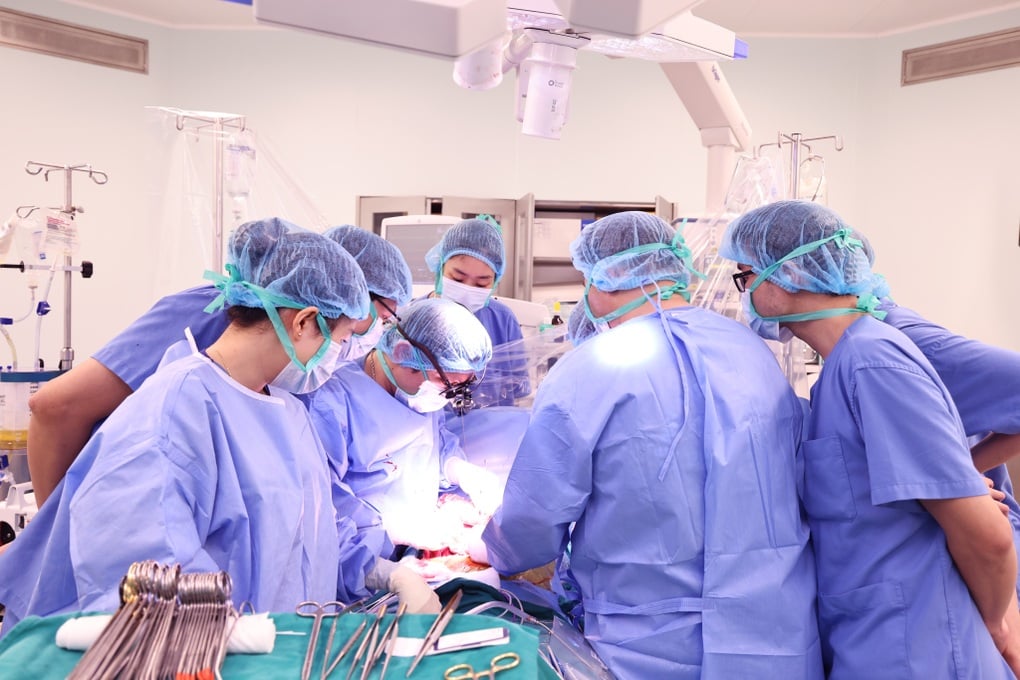
On November 9, 108 Military Central Hospital performed a multi-organ transplant from a brain-dead donor, saving the lives of six patients with serious illnesses (Photo: Provided by the hospital).
The brain-dead donor was a 55-year-old male soldier. The patient had a history of high blood pressure, two previous ischemic strokes, and dyslipidemia.
On November 4, the patient was admitted to the hospital due to impaired consciousness and difficulty speaking. He was diagnosed with acute posterior cranial fossa cerebral infarction due to basilar artery apex occlusion and bilateral V4 vertebral artery stenosis in the second hour. Emergency intervention was performed to remove the thrombus.
After the intervention, the patient's condition did not improve. Doctors treated the patient intensively, but the miracle did not come to the patient.
After receiving information about the patient's condition and with a charitable and humanitarian heart, the patient's family agreed to donate organs to save other patients waiting for a chance to live.
Immediately, on the morning of November 9, 108 Military Central Hospital urgently organized an inter-hospital consultation, and the hospital's specialists agreed on a plan to retrieve and transplant organs.
The consultation lasted for 2 hours, chaired by Major General, Professor, Dr. Le Huu Song - Director of 108 Military Central Hospital. All teams, rooms, and departments in the Hospital were mobilized to the maximum, devoting all their heart and strength, "all for the patient".
With this multi-organ transplant from a brain-dead donor, 108 Military Central Hospital performed: a heart transplant for 1 patient; split the liver for 2 patients (one patient at 108 Military Central Hospital; transported the left lobe of the liver to Vinmec Hospital).
Two kidneys were transplanted to two patients with end-stage renal failure; lungs were removed and transported to the Central Lung Hospital; two corneas were removed for preservation, awaiting transplantation to two suitable patients.
"The teams and departments need to coordinate closely and smoothly, because all patients are depending on us," Major General, Professor, Dr. Le Huu Song directed at the consultation.
Using a special technique, one liver saved two lives.
From a brain-dead donor's liver, the surgical team divided it into two complete, functional liver transplants to transplant into two patients at the same time: one adult (transplanted at 108 Military Central Hospital) and one child (transported to Vinmec Hospital).
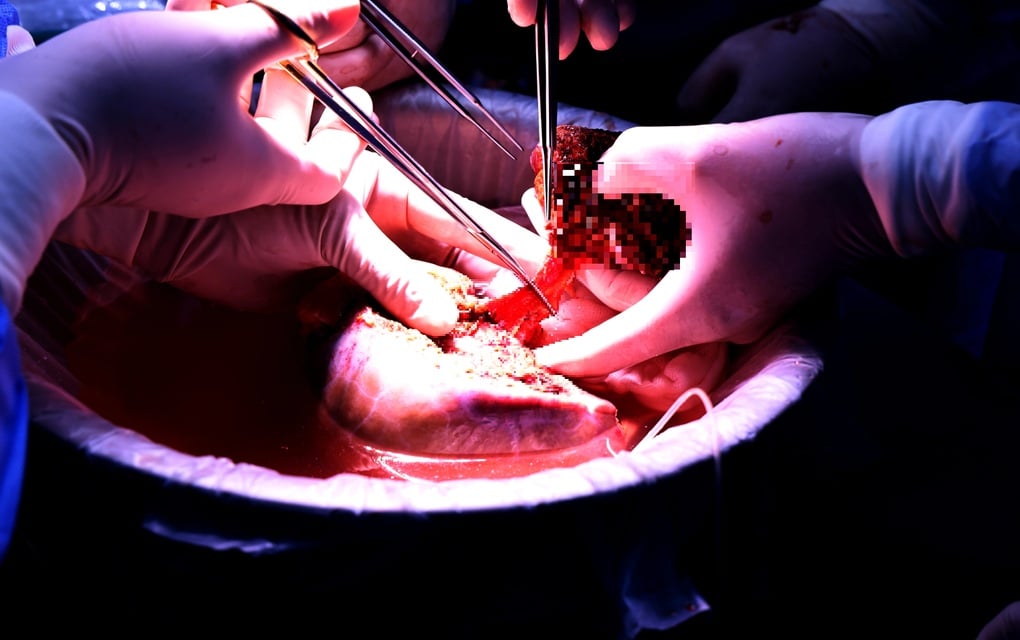
Doctors perform liver division (Photo: Provided by the hospital).
In-Situ Split Liver Transplantation is the most complex technique in the field of liver transplantation, requiring the surgeon to accurately assess the liver anatomy and vascular and biliary variations; calculate the graft volume to ensure adequate function after transplantation; and coordinate synchronously between the organ harvesting team, the liver splitting team, and the two liver transplantation teams.
“Intra-abdominal liver division for transplantation has the following advantages: Preserving liver perfusion during division; limiting cold ischemia time; good control of vascular and biliary anatomy; reducing the risk of graft damage due to extracorporeal manipulation,” Associate Professor, Dr. Vu Van Quang - Deputy Head of the Department of Hepatobiliary - Pancreatic Surgery, said about the choice of intra-abdominal liver division technique for implementation.
108 Military Central Hospital is the first unit in Vietnam to successfully perform intra-abdominal liver splitting technique in April 2024. Up to now, the Hospital has successfully performed 7 liver splitting surgeries for transplantation, saving the lives of both adult and pediatric patients from a liver from a brain-dead donor.
For the heart transplant, the patient was diagnosed with stage D heart failure due to dilated cardiomyopathy and underwent left ventricular device implantation to prolong the waiting time for transplantation.
“The patient had a left ventricular assist device placed, so the surgery will be difficult because it is very sticky, requiring careful assurance, calculation of tactics and techniques.
Thanks to our experience and the coordination between appropriate stages, we have shortened the ischemic time of the heart to only 80 minutes (from the time the aorta is clamped in the donor until the heart is reperfused in the recipient)," said Dr. Ngo Vi Hai - Head of the Department of Thoracic Surgery.
At the same time, in two other operating rooms, kidney transplant teams urgently performed kidney transplants on two patients with end-stage renal failure. For the two kidney transplants, both transplanted kidneys were functioning well, with urine flow rate of each kidney being about 300ml/first hour, and urine clear. The patients were all in good condition.
After the transplant, the patients are cared for and treated intensively, 24/7. Currently, the health of the liver and kidney transplant patients is progressing favorably, liver and kidney function is improving well. The heart transplant continues to be monitored and cared for intensively.
According to Dr. Le Trung Hieu - Deputy Director in charge of management and operation of the Organ Transplant Center, 108 Military Central Hospital, enhancing the capacity to detect and manage potential brain-dead organ donors plays a key role in the hospital's organ transplant development strategy.
This is not only a professional task, but also a foundation to help expand the opportunity to save the lives of critically ill patients waiting for suitable organ sources.
Each case of brain death that is detected promptly and managed properly adds more opportunities for revival, demonstrating the profound humanistic meaning of the message "Giving is forever".
Source: https://dantri.com.vn/suc-khoe/mon-qua-de-lai-duong-the-cua-nguoi-quan-nhan-hoi-sinh-6-cuoc-doi-20251110162827585.htm










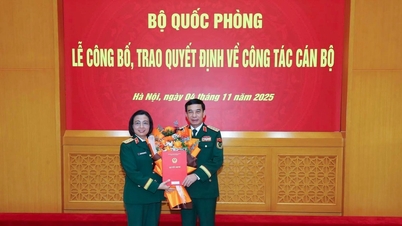

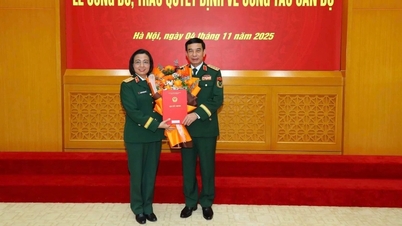

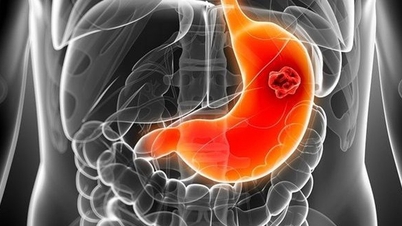

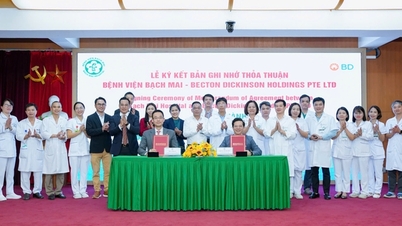

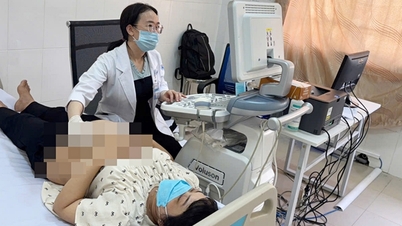
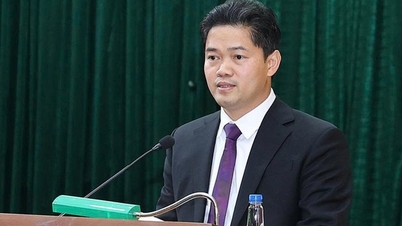


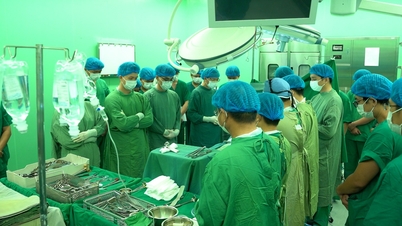
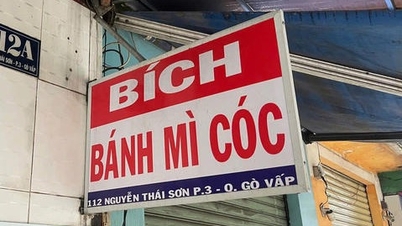






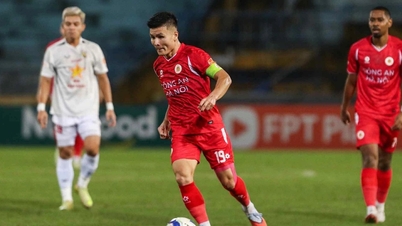

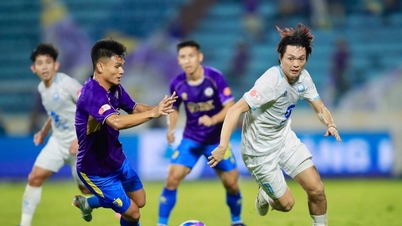

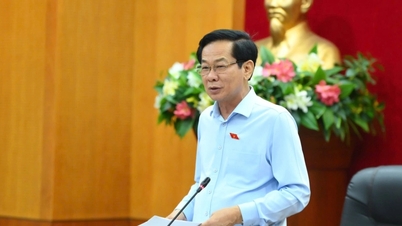





































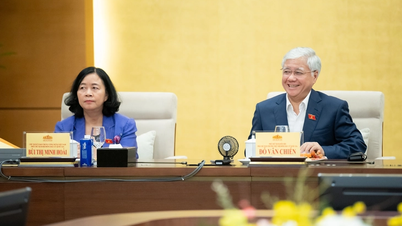






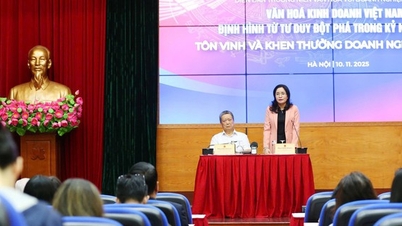








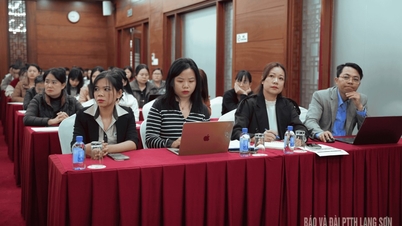


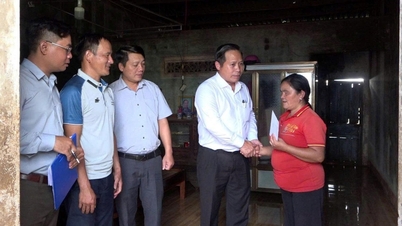



![Dong Nai OCOP transition: [Article 3] Linking tourism with OCOP product consumption](https://vphoto.vietnam.vn/thumb/402x226/vietnam/resource/IMAGE/2025/11/10/1762739199309_1324-2740-7_n-162543_981.jpeg)











Comment (0)